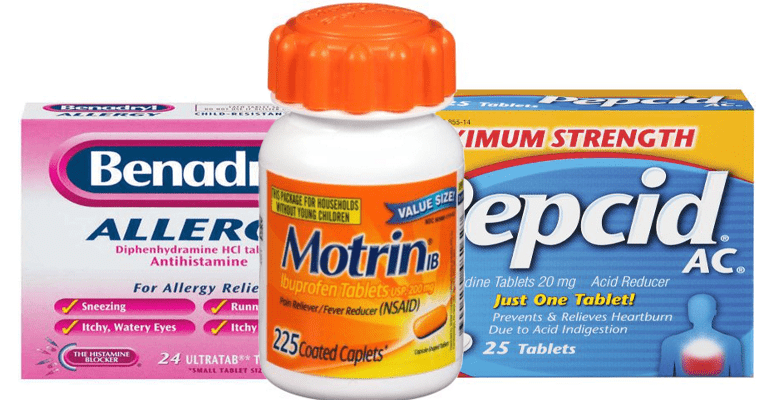
Attorneys general representing 43 states and the District of Columbia, announced a $33 million settlement with Johnson & Johnson Consumer Inc. and McNeil-PPC, Inc. (McNeil) concerning the representation of certain over-the-counter drugs between 2009 and 2011. Johnson & Johnson acquired McNeil after these instances of misrepresentation of over-the-counter drugs. As a part of this settlement, Nevada will receive $492,540.34.
States participating in this settlement include: Alaska, Arizona, Arkansas, California, Colorado, Connecticut, Delaware, District of Columbia, Florida, Hawaii, Idaho, Kentucky, Illinois, Indiana, Kansas, Louisiana, Maine, Maryland, Massachusetts, Michigan, Minnesota, Missouri, Montana, Nebraska, Nevada, New Hampshire, New Jersey, New Mexico, New York, North Carolina, North Dakota, Ohio, Pennsylvania, Rhode Island, South Carolina, South Dakota, Tennessee, Texas, Vermont, Virginia, Washington, West Virginia and Wisconsin.
The settlement resolves allegations against McNeil, which was a wholly-owned subsidiary of Johnson & Johnson that manufactured and distributed over-the-counter drugs. McNeil is now a division of Johnson & Johnson Consumer Inc. The company was accused of unlawfully promoting drugs as complying with federally-mandated current Good Manufacturing Practices, despite FDA findings that some McNeil manufacturing facilities did not comply between 2009 and 2011. The alleged quality control lapses resulted in drug recalls for McNeil brands that included: Tylenol, Motrin, Benadryl, St. Joseph Aspirin, Sudafed, Pepcid, Mylanta, Rolaids, Zyrtec and Zyrtec Eye Drops.
In connection with the settlement, the State of Nevada filed a complaint alleging that McNeil violated Nevada’s consumer protection laws by misrepresenting the Good Manufacturing Practices compliance and the quality of its over-the-counter drugs, and by representing to consumers that the drugs had sponsorship, approval, characteristics, ingredients, uses, benefits, quantities or qualities that they did not actually have.
The settlement requires McNeil to ensure that its marketing and promotional practices do not unlawfully promote over-the-counter drug products. These requirements include that McNeil shall not:
Represent on its websites that their over-the-counter drug product facilities meet Good Manufacturing Practices as outlined by the FDA if McNeil has had a Class I or Class II Recall of over-the-counter drug products within the prior 12 months. Class I recalls involve situations in which there is a reasonable probability that the use of or exposure to a violative product will cause serious adverse health consequences or death. Class II recalls involve situations in which use of or exposure to a violative product may cause temporary or medically reversible adverse health consequences, or where the probability of serious adverse health consequences is remote;
Fail to follow its internal standard operating polices regarding whether to open a Corrective Action/Preventive Action plan during the manufacture of an over-the-counter drug; and
Fail to provide information to participating attorneys general within 60 days of a written request regarding the identity of wholesalers or warehouses to which any over-the-counter drugs that were subject to a recall were distributed in their State.
